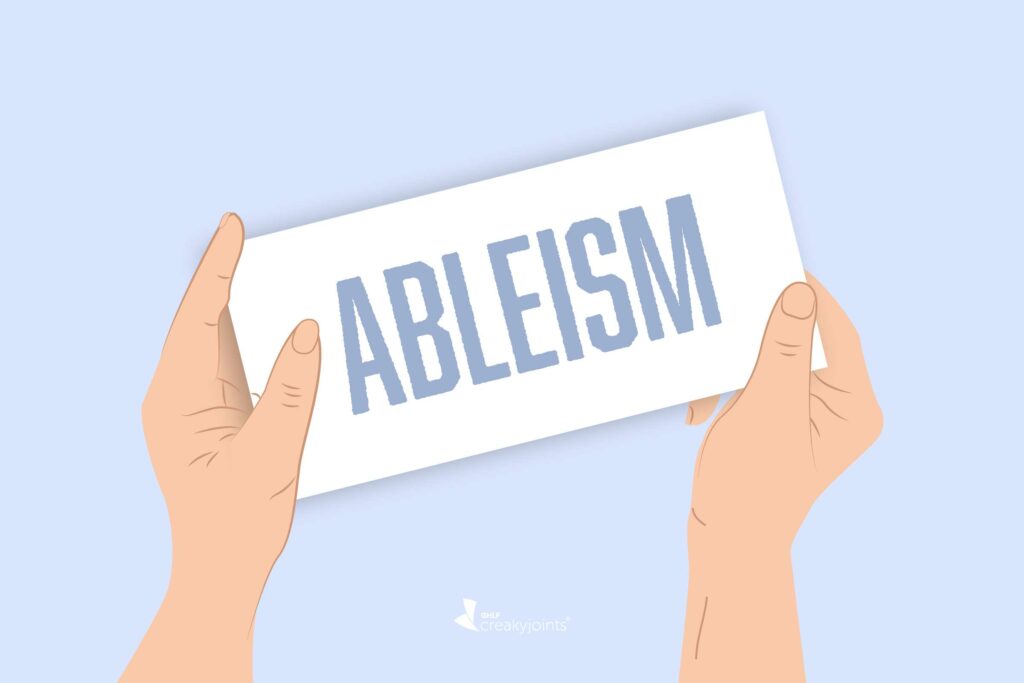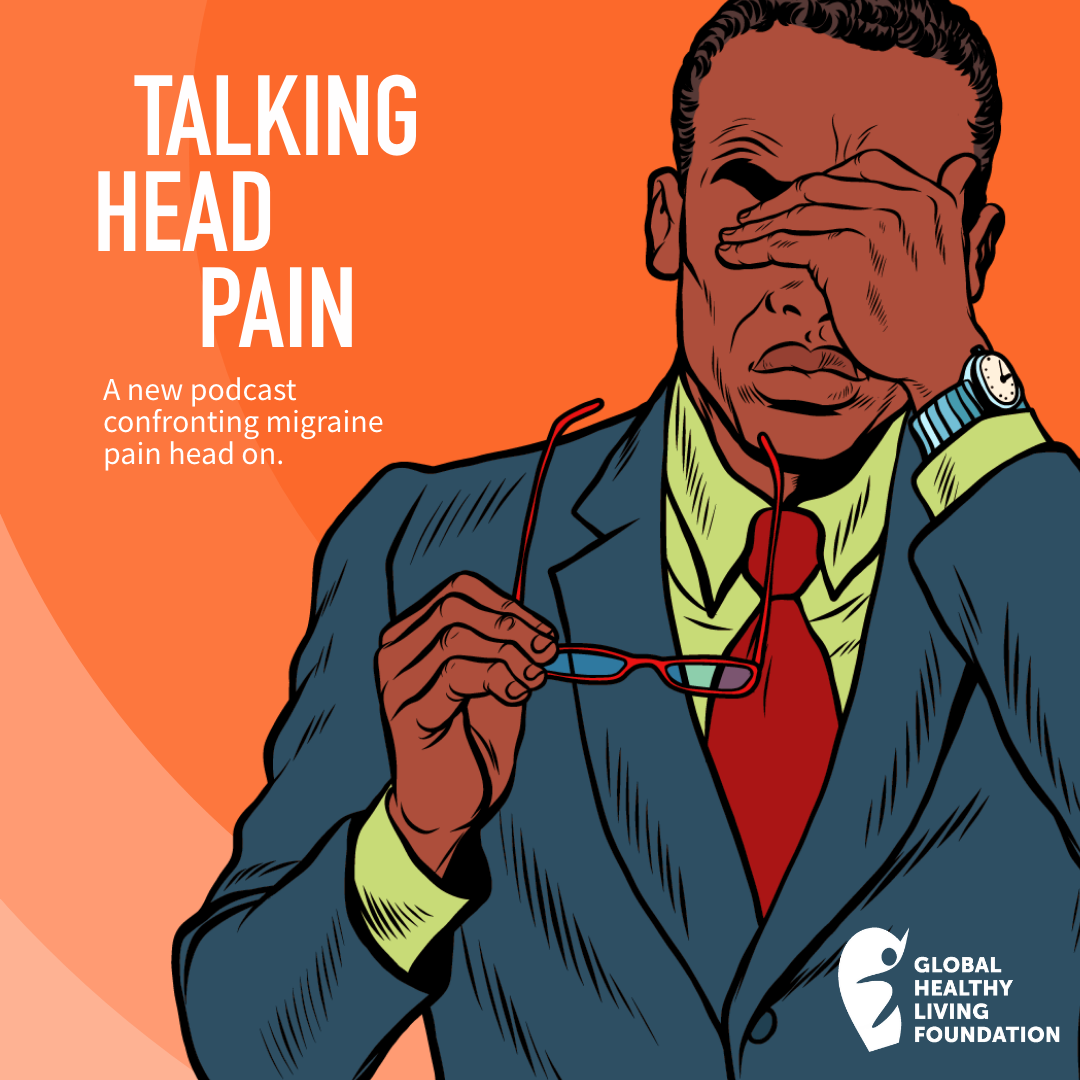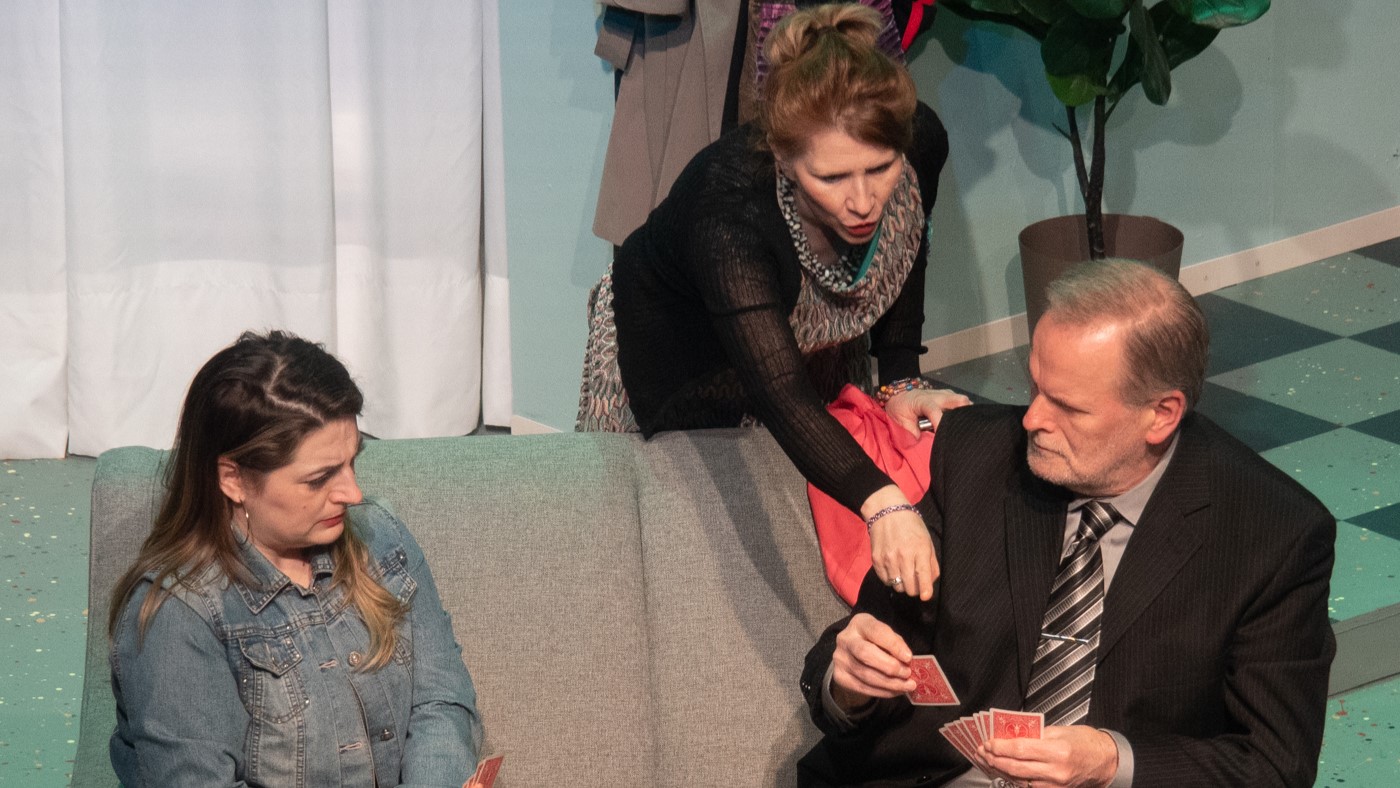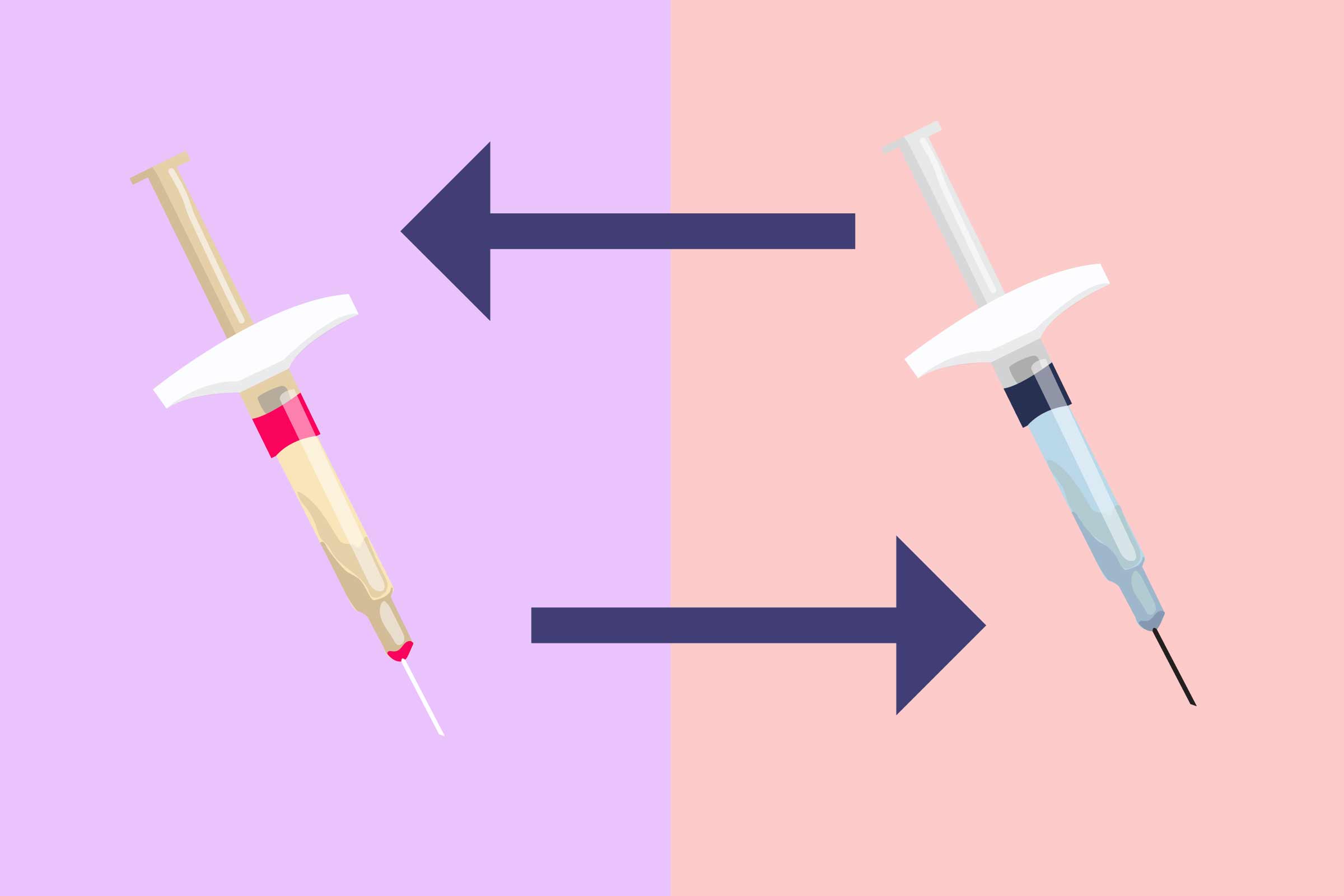It was productivity that got me. Or rather, yet another instance of overdoing simply everything and the inevitable flare that ensued. It wasn’t the first time I’d bought a ticket on that particular ride — living with rheumatoid arthritis (RA) means I frequently overdo. But it was the first time I got fed up enough to seriously consider why I keep doing this. It was a humdinger of a flare, so I had plenty of time to reflect and eventually found the answer: inner ableism.
It’s an important concept that contributes to many of the frustrations and emotional difficulties of living with a chronic illness, but one that we don’t talk about nearly enough. So let’s break the silence.
What Is Ableism?
You’ve heard of sexism and racism, prejudice based on gender or race that devalues and limits someone’s potential. Ableism is prejudice based on disability.
As with any other -ism, ableism can be interpersonal (one person discriminating against another due to their disability) or systemic (social systems and structures that by design or impact disadvantage disabled people). And because we live in a culture that for a very long time was created by and for white, able-bodied men, most of us have some level of internalized racism, sexism, and ableism.
Thankfully, the conversation to dismantle prejudice and discrimination has been ongoing for a while, particularly with sexism and racism, but the awareness of ableism is fairly new. I regularly meet people who have never heard the term and when I explain what it is, many are surprised that it’s a thing. Which is in and of itself an expression of ableism — or perhaps obliviousness.
One of the more blatant examples of personal and systemic ableism is employer insistence on physical presence in the office for jobs that can be done remotely, usually in the knowledge industry, that is, certain types of office-based work. People who live with disability and chronic illness have been asking to work remotely for years and have been told that this is impossible.
During the pandemic, we saw how quickly employers went remote, proving that it could be done after all. This reflects both the individual and direct ableism of employers who refused remote-work requests, as well as the systemic ableism of employment structures that did not allow for flexibility.
Internalized ableism within ourselves is a little trickier to identify but can often be found in feelings related to your sense of worth. For instance, I know that my struggle with overdoing is related to judging myself when I am not productive. More on that later in this column.
3 Ways You Can Dismantle Your Internalized Ableism
Starting to unpack your inner or internalized ableism means questioning what we often take for granted as normal. One way to begin is to take a look at three challenges familiar to those of us who have chronic illness and ask ourselves how to do it differently.
Celebrate your body
If you have joint changes in your hands and fingers, how do you feel about it? Chances are it’s a touchy subject for you, especially if you’re a woman. Our culture has a very specific idea of feminine beauty down to what your fingers should look and if you look different, it’s next to impossible to feel beautiful. I’ve spoken to many women in the RA community who feel so ashamed of their hands that they are no longer using nail polish or wearing their beautiful rings.
I’ve learned a lot from the following accounts that celebrate body positivity. Although this concept started with the Fat Acceptance movement in the 1960s, it can apply to anyone whose body is a bit different than the ideal (which is probably most of us). That includes those who live with chronic illness.
Instead of hiding your hands (or whatever part of your body you don’t like), celebrate them. Your hands may hurt or look different than they used to, but they still help you get through every day by being involved in every task you do and communicate love through touch to the people in your life. Acknowledge your hands’ contribution to your life and celebrate them with funky nail polish and that beautiful ring in your drawer.
Ask for help
In our culture, you’re supposed to be independent, pull yourself up by your bootstraps, and do it all yourself. But the concept of independence is a myth as human society is actually built on the opposite: interdependence. We all rely on each other in different ways, including public transit, employers and employees, medical care, and that person who opened the door for you when you went shopping.
Asking for help can make your life easier but it’s also is an act of love. The people who care about you may desperately want to wave a magic wand to make your chronic illness go away. When this is not possible, giving you a ride to a doctor’s appointment or mowing your lawn may be the next best thing.
Still, taking that first step and asking for the help you need can feel really intimidating. Begin by talking to people you trust in your circle of family and friends and being open about how asking for help makes you feel. Then make a list of different tasks that will makes your life easier. Make sure you include flexibility on time and task so they have options that work in their life as well.
Embrace intrinsic worth
Productivity as a measure of worth is a foundational tenet of capitalist societies such as ours. If you are able to produce and contribute to the economic system, you have worth. Those who don’t are often stigmatized as lazy and burdens on society with little consideration of the reason someone may not be able to be part of the workforce. It’s a perspective that affects all of us, regardless of employment status. From the pressure to be busy through the morass of guilt and shame if you aren’t, we all have our sense of worth tangled up in productivity, regardless of whether you live with a chronic illness or are lucky enough to be healthy.
Because of this, it can be challenging to accept and embrace the idea that worth is intrinsic, unrelated to productivity, performance or contribution. I started by acknowledging my need to trade productivity for worth and making the first steps to reject that. This is deepened by the conversations on social media questioning the hustle culture that has been so prevalent for so long. Look for these hashtags to begin your own journey:
- #Disability
- #DisabilityPride (especially in July, Disability Pride Month)
- #ChronicIllness
- #IntrinsicWorth
Dismantling your internalized ableism is work but well worth it. Without questioning the preconceived ideas of our culture and ourselves, we get stuck in patterns that don’t respect ours. Changing to a more inclusive society and more relaxed and happy people is well worth the effort.
Stay in Touch with CreakyJoints Canada
Part of the nonprofit Global Healthy Living Foundation, CreakyJoints is a digital community for millions of arthritis patients and caregivers worldwide who seek education, support, advocacy, and patient-centered research. All of our programming and services are always provided free of charge. As we grow CreakyJoints Canada we want to hear from you. Please join our email list to stay connected, learn about new content and initiatives, and send us suggestions and ideas.






